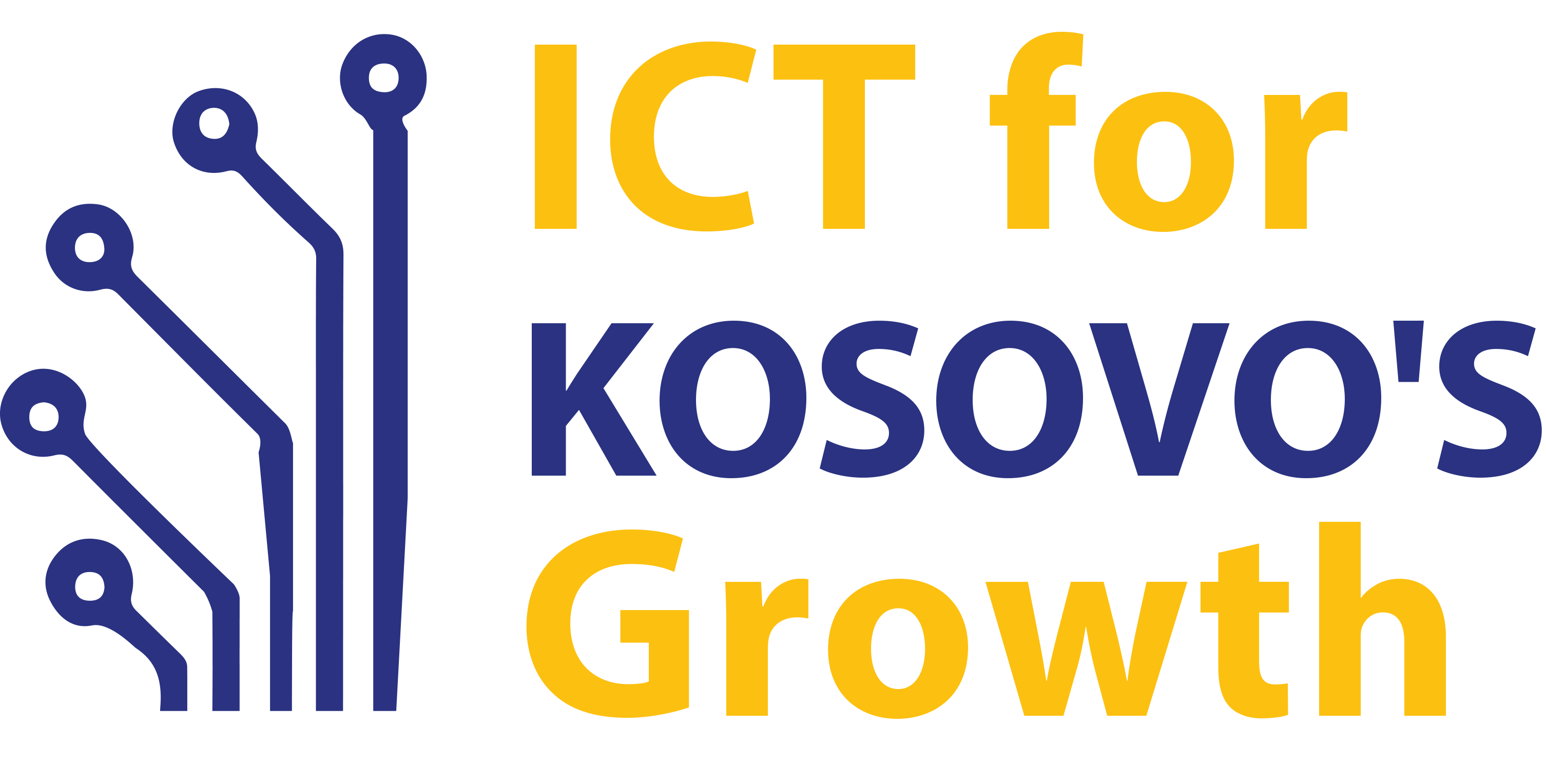Artificial Intelligence
Artificial intelligence (AI) is the ability of a machine to display human-like capabilities such as reasoning, learning, planning and creativity. AI is one of the fastest-growing fields in the Computer Science industry. AI is seen as central to the digital transformation of society and it has become an EU priority. This course provides an essential introduction to the key topics underpinning AI, including its theoretical foundations, basic architecture, modern applications, and technical implications. The course aims at introducing the concept of artificial intelligence and its different paradigms, as well as at providing a good understanding of the real-world potential and limitations of AI. Trainees will be introduced to the core concepts of programming and the practical skills involved in producing AI-based programs to solve real-world problems, and will also explore how AI is already being used, in different domains such as in business, healthcare and finance.
-
47 Students enrolled
Requirements
- Course methodology Theoretical and practical sessions with participants. The presentation will be done using PowerPoint while practical examples will be done using concrete problems and assignments. 1. PowerPoint presentations all materials 2. Labs and Class Activities 3. Training Agenda 4. Course Outline Tools to be used: • Python Programming • R – Programming for statistics and Data Analysis • MSSQL/MySQL – Database Management System • Others as needed Pre-Requirements • You should understand basic probability, statistics, algebra and calculus. • You should have some background in IT programming, and it would be helpful if you are familiar with Python.
Description
Artificial intelligence (AI) is the ability of a machine to display human-like capabilities such as reasoning, learning, planning and creativity. AI is one of the fastest-growing fields in the Computer Science industry. AI is seen as central to the digital transformation of society and it has become an EU priority. This course provides an essential introduction to the key topics underpinning AI, including its theoretical foundations, basic architecture, modern applications, and technical implications. The course aims at introducing the concept of artificial intelligence and its different paradigms, as well as at providing a good understanding of the real-world potential and limitations of AI. Trainees will be introduced to the core concepts of programming and the practical skills involved in producing AI-based programs to solve real-world problems, and will also explore how AI is already being used, in different domains such as in business, healthcare and finance. Learning outcomes On completion of the course trainees will be expected to: • Have a good understanding of the fundamental issues and challenges of artificial intelligence: collecting and utilizing relevant data, model selection, model complexity, etc. • Have a good understanding of the foundational concepts in mathematics and logic underpinning AI. • Be able to design and implement various artificial intelligence techniques in a range of real-world applications. • Influence corporate decision making • Participate successfully in artificial intelligence competitions • Transform data into actionable insights
Courses
- 47






